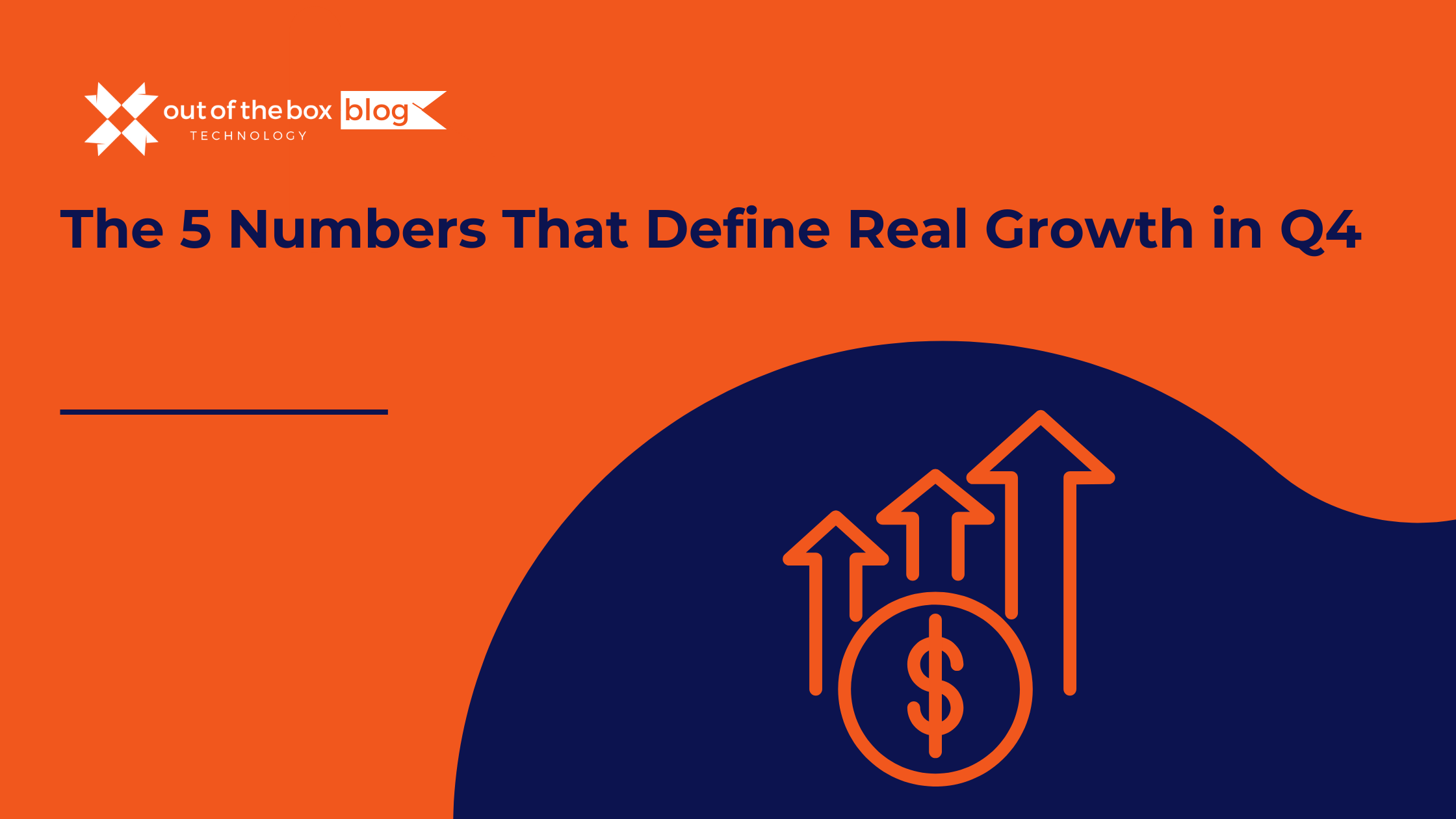Setting financial goals is essential for any business aiming for growth and sustainability. However, without accurate financial data and insights, these goals can become mere aspirations. Professional bookkeeping services provide the foundation for informed decision-making, enabling businesses to set realistic objectives and track progress effectively.
The Importance of Financial Goal Setting
Financial goals serve as a roadmap for business success. They provide direction, motivate teams, and offer benchmarks for measuring progress. Common financial goals include:
-
Revenue Growth: Increasing sales over a specific period.
-
Expense Reduction: Identifying and cutting unnecessary costs.
-
Profit Margin Improvement: Enhancing the difference between revenue and expenses.
-
Cash Flow Management: Ensuring sufficient liquidity for operations.
-
Debt Reduction: Paying down liabilities to improve financial health.Volopay
Achieving these goals requires accurate financial data, which is where bookkeeping services come into play.
How Bookkeeping Services Facilitate Financial Goal Setting
1. Accurate Financial Data Collection
Bookkeepers systematically record all financial transactions, ensuring that income, expenses, assets, and liabilities are accurately documented. This comprehensive data collection allows businesses to:
-
Understand Current Financial Position: Assess assets, liabilities, and equity.
-
Identify Trends: Recognize patterns in revenue and expenses.
-
Make Informed Decisions: Base strategies on reliable data.WikipediaIIM Skills+5Blue Swan Bookkeeping+5AP News+5
2. Budgeting and Forecasting
With accurate records, bookkeepers can assist in creating budgets that reflect realistic income and expenditure projections. Forecasting future financial scenarios helps businesses:
-
Plan for Growth: Allocate resources for expansion.
-
Prepare for Challenges: Anticipate potential financial shortfalls.
-
Set Achievable Targets: Align goals with projected financial capabilities.
3. Monitoring Cash Flow
Effective cash flow management ensures that a business can meet its obligations and invest in opportunities. Bookkeepers track:
-
Accounts Receivable: Monitor incoming payments.
-
Accounts Payable: Manage outgoing payments.
-
Liquidity Levels: Ensure sufficient cash is available for operations.Datalligence+12Money Talk With Tiff+12Wikipedia+12
4. Financial Reporting
Regular financial reports provide insights into a business’s performance. Key reports include:
-
Income Statements: Show profitability over time.
-
Balance Sheets: Display assets, liabilities, and equity.
-
Cash Flow Statements: Highlight cash inflows and outflows.
These reports enable businesses to assess progress toward financial goals and make necessary adjustments.
Implementing SMART Financial Goals
Utilizing the SMART framework ensures that financial goals are:Indeed+1ombbank.com+1
-
Specific: Clearly defined objectives.
-
Measurable: Quantifiable targets.
-
Achievable: Realistic and attainable.
-
Relevant: Aligned with business objectives.
-
Time-bound: Set within a specific timeframe.DreamstimeYouTube+14Western Community College+14TaxRobot+14Money Crasherseasybooksapp.com+6Edgewater CPA Group+6Volopay+6
For example, a SMART goal could be: “Increase monthly revenue by 10% over the next quarter.”
Real-World Example
A small marketing agency aimed to reduce operational costs by 15% within six months. By collaborating with their bookkeeping service, they:Anything + Everything QuickBooks
-
Analyzed Expenses: Identified unnecessary subscriptions and services.
-
Negotiated Vendor Contracts: Secured better rates.
-
Streamlined Processes: Implemented efficient workflows.
As a result, the agency successfully achieved its cost-reduction goal ahead of schedule.Anything + Everything QuickBooks
FAQs
Q1: How often should financial goals be reviewed?
A: Regularly, at least quarterly, to assess progress and make necessary adjustments.
Q2: Can bookkeeping services help with tax planning?
A: Yes, accurate records facilitate effective tax planning and compliance.
Q3: Are bookkeeping services beneficial for small businesses?
A: Absolutely, they provide essential financial insights regardless of business size.
Q4: How do bookkeepers assist in budgeting?
A: They help create realistic budgets based on historical data and future projections.
Q5: What is the difference between bookkeeping and accounting?
A: Bookkeeping involves recording financial transactions, while accounting encompasses interpreting, classifying, and summarizing financial data.
Conclusion
Setting and achieving financial goals is a dynamic process that requires accurate data, strategic planning, and continuous monitoring. Professional bookkeeping services provide the tools and insights necessary to navigate this process effectively, ensuring that businesses remain on the path to financial success.
For those seeking expert guidance, Out of the Box Technology offers tailored bookkeeping services, QuickBooks setup, and support to ensure your business runs smoothly and stays compliant.




